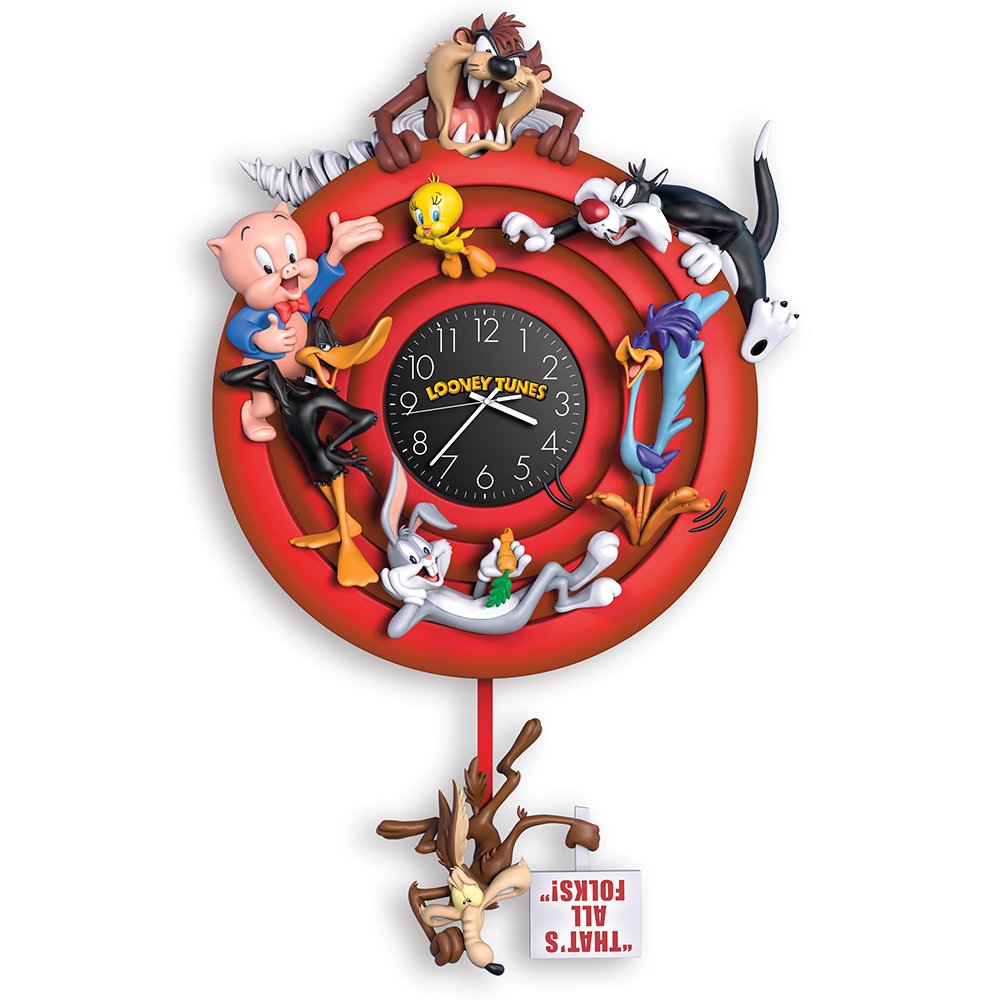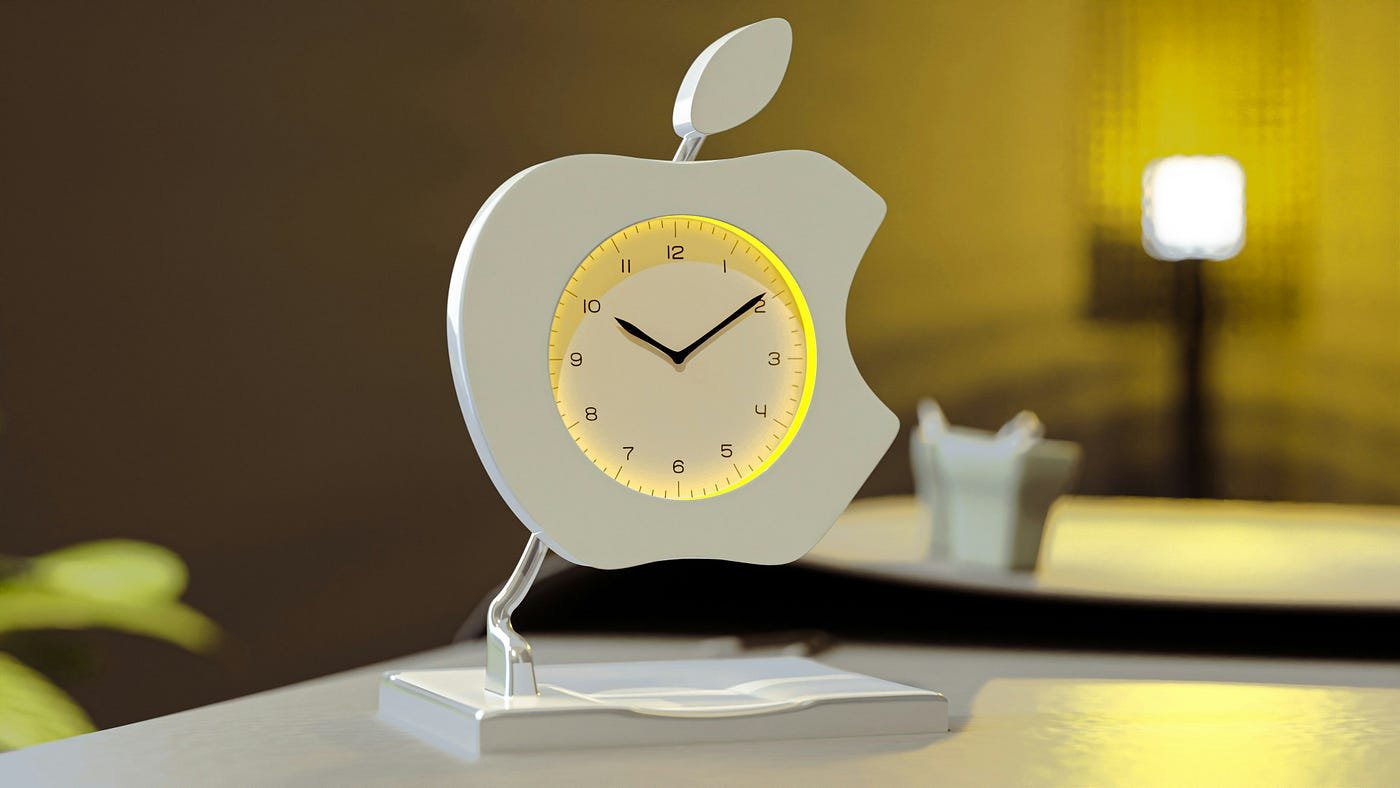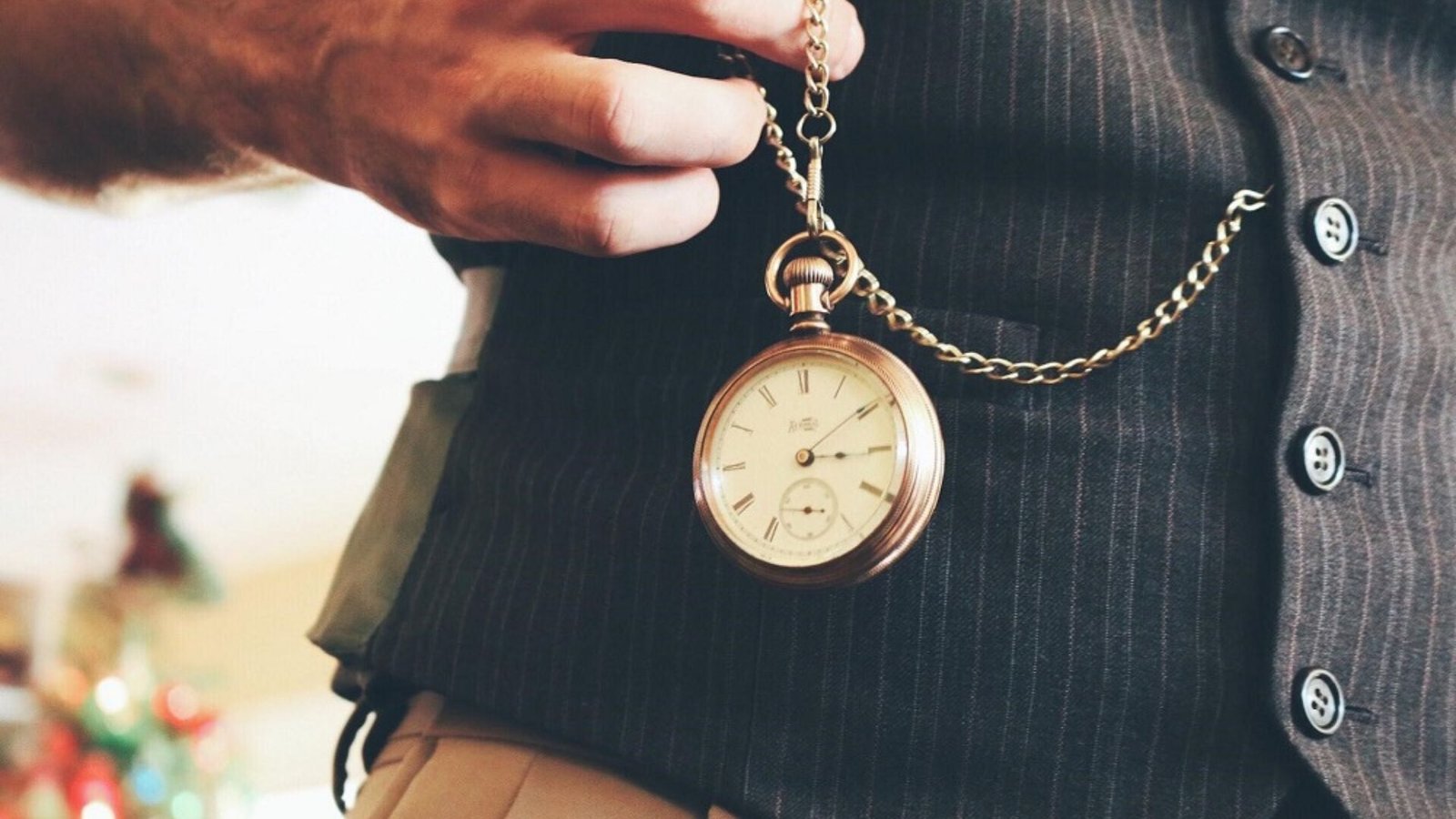Collecting clocks can be a fascinating and rewarding hobby. Whether you are drawn to antique timepieces, modern designs, or historical pieces, understanding what to look for and how to start can enhance your collecting experience. This guide provides essential tips for anyone interested in diving into the world of clock collecting.
1. Research and Education
Start with research to gain a solid understanding of different types of clocks and their histories.
- Types of Clocks: Familiarize yourself with various types, including grandfather clocks, mantel clocks, wall clocks, and pocket watches.
- Historical Context: Learn about the historical periods and makers that interest you. Understanding the background of a clock can help you identify valuable pieces.
In summary, educating yourself about clock types and their histories is crucial for informed collecting.
2. Identify Key Features
Recognize key features that can affect a clock’s value and desirability.
- Maker and Origin: The reputation of the maker and the origin of the clock can significantly influence its value. Well-known makers like Seth Thomas or Howard Miller are often sought after.
- Condition: The condition of a clock is crucial. Look for signs of damage, wear, or missing parts. Original parts and mechanisms generally increase a clock’s value.
- Rarity: Rare or limited-edition clocks often command higher prices. Research which models are considered rare or collectible.
In summary, understanding key features like maker, condition, and rarity can help you identify valuable collectibles.
3. Set a Budget
Establish a budget before starting your collection to manage expenses and avoid overspending.
- Determine Your Budget: Decide how much you are willing to spend on each clock. Keep in mind that high-quality or rare clocks may be more expensive.
- Stick to Your Budget: Be disciplined about sticking to your budget to avoid financial strain. Collecting should be enjoyable, not a financial burden.
In summary, setting and sticking to a budget ensures that collecting remains an enjoyable and manageable hobby.
4. Inspect Before Buying
Thoroughly inspect clocks before purchasing to ensure you are making a wise investment.
- Check Functionality: If possible, test the clock to ensure it keeps accurate time. Functional clocks are often more desirable.
- Examine the Case and Movement: Inspect the clock’s case and movement for any signs of repair or replacement. Original components are generally more valuable.
In summary, careful inspection before buying helps ensure you invest in a quality timepiece.
5. Source from Reputable Dealers
Purchase from reputable dealers or sources to ensure authenticity and quality.
- Dealers and Auctions: Seek out reputable clock dealers or auction houses that specialize in collectibles. They can provide authenticity guarantees and detailed information about the clocks.
- Online Platforms: Be cautious when buying online. Use trusted platforms and verify the seller’s reputation.
In summary, sourcing from reputable dealers helps ensure that you acquire authentic and high-quality clocks.
6. Proper Care and Maintenance
Proper care is essential to maintain the value and functionality of your collection.
- Regular Maintenance: Follow maintenance guidelines for each clock to keep them in good working condition. Regular cleaning and servicing can prevent issues.
- Storage: Store clocks in a controlled environment to prevent damage from humidity or temperature changes. Proper storage helps preserve their condition.
In summary, maintaining and properly storing your clocks ensures their longevity and value.

7. Network with Other Collectors
Connect with other collectors to gain insights and expand your knowledge.
- Join Collecting Groups: Join clock collecting clubs or online forums to share experiences, seek advice, and find new opportunities.
- Attend Events: Participate in clock shows, auctions, and exhibitions to meet other collectors and discover potential acquisitions.
In summary, networking with other collectors provides valuable knowledge and opportunities for expanding your collection.
8. Conclusion
Collecting clocks can be a rewarding hobby when approached with knowledge and care. By researching, identifying key features, setting a budget, and sourcing from reputable dealers, you can build a valuable and enjoyable collection. Proper maintenance and networking with other collectors will further enhance your experience. Enjoy the journey of discovering and preserving timepieces that hold historical and personal significance.




Listen up! Tried my luck at 777kingcom. The layout is clean, easy to find what you need. Solid overall experience, might stick around for a while!
Yo, what’s up? I stumbled upon 99okclub. Seems alright. Games are pretty standard, but the interface is clean. Might be your thing! Have a look-see: 99okclub
Der Vorteil ist, dass diese Online Casinos ohne Limit mit einer EU-Lizenz auch gleich Tischspiele und weitere Casino Games anbieten,
die bei einer deutschen Lizenz nicht mehr im Sortiment sein dürfen. Casinos mit deutscher Lizenz unterliegen strengen Regeln, bieten Spielerschutz und
setzen Einzahlungslimits. Wählen Sie einfach ein Online Casino mit europäischer
Lizenz aus unserer Top 10 Casinos Bestenliste, wenn Sie
ohne Einzahlungslimit im Casino spielen möchten.
Das LUGAS System ist die zentrale Datenbank zur Überwachung des monatlichen Einzahlungslimits in deutschen Online Casinos.
Du willst ohne Einsatz- oder Einzahlungslimits spielen? In deutschen, GGL-lizenzierten Online-Spielotheken gibt
es kein Spielen ohne Einsatzlimit.
Casinos ohne Limit locken mit besonders attraktiven Willkommens-
und Treueboni, die oft lukrativer sind als jene deutscher Anbieter,
dank ihrer speziellen Lizenzierung. Trotz der Faszination vieler Spieler für unlimitierte Casinos gibt es Bedenken bezüglich des Kundenservices.
Die Verfügbarkeit gängiger Zahlungsmethoden spielt eine wichtige Rolle, wobei Casinos ohne Limit eine breite Auswahl bieten. Die Casinos verzichten auch auf sogenannte Cool-Down-Zeiten, bieten jedoch in einigen Fällen stündliche Hinweise zu Gewinnen oder Verlusten, was wir als sinnvolle Balance zwischen Spielfluss und Spielerschutz betrachten. Zusätzlich sind Jackpot-Slots wie Mega Moolah verfügbar, die in herkömmlich lizenzierten Casinos in Deutschland fehlen.
References:
https://online-spielhallen.de/888casino-anmeldung-ihr-tor-zur-welt-des-online-glucksspiels/
Erfahren Sie, wie Scatter-Symbole und weitere Besonderheiten funktionieren,
und testen Sie, auf welchen Einsatzstufen Sie das Spiel spielen wollen oder ob Sie die Gewinnlinien ändern können. Casino Spiele
kostenlos ohne Anmeldung zu spielen und zu testen gibt Ihnen die Gelegenheit, unverbindlich
und ohne Risiko Ihre Vorlieben zu entdecken. Der Vorteil im Online Casino ist, dass
bei Online Slots und an den virtuellen Spieltischen die Limits sehr niedrig sind, sodass Sie
schon um geringe Summen spielen können. Lernen Sie hier
die verschiedenen Spiel-typen kennen, die Sie in Online Casinos spielen können.
Doch nicht nur Neukunden kommen hier auf ihre Kosten, denn es
gibt wöchentlich Freispiele auf ausgewählte Slots, Jackpots und jede Menge Belohnungen für VIPs!
Im neuen Jokery Casino wartet ein 1.500€ Bonus plus 100 Freispiele,
Cashback und ein High Roller Bonus bis 5000€ auf neue Spieler!
Bei CasinoBeats testen wir laufend brandneue seriöse Online Casinos,
damit Sie erstklassige Boni, Freispiele, Spiele und weitere neue Promotionen wahrnehmen können. So
lernen Sie schnell, welche Auszahlungen möglich sind und wie lukrativ die Freispiele und Features von Online Slots sein können. Wir haben für deutsche Spieler eine Liste der Top 100
Casinospiele in Deutschland vorbereitet. Die überwiegende Mehrheit der kostenlosen Casinospiele verhält sich genauso
wie deren Pendants, die mit echtem Geld gespielt werden.
Das bekannteste Kartenspiel in Online Casinos hat einfache Regeln und garantiert Nervenkitzel und
Spielspaß. Oder erhalten Sie als fortgeschrittener Spieler wertvolle Tipps von unseren Casino Experten,
zum Beispiel zu den besten Roulette Strategien. Bei Casino.at finden wir nicht nur die besten Online Casinos für Sie.
References:
https://online-spielhallen.de/ihre-ultimative-anleitung-zum-kingmaker-casino-bonus-code/
Graphic designers refer to the Italic and Roman forms as
single-decker a and double decker a respectively. In some of these, the serif that began the right leg stroke developed into
an arc, resulting in the printed form, while
in others it was dropped, resulting in the modern handwritten form.
In Greek handwriting, it was common to join the left leg and horizontal stroke into a single loop, as demonstrated by the uncial version shown. These variants, the
Italic and Roman forms, were derived from the Caroline Script version.
Identify suppliers that are debarred from participating in government procurement.
EGP helps to ensure the provision of equal treatment to all bidders, applying same rule
of law, increase accountability of participants in the procurement
process and at the same time raising awareness on the general public about the
expenses of the government. French-English dictionary, translator, and learning Spanish-English dictionary, translator, and learning
References:
https://blackcoin.co/casino-australia-premier-online-casino-play-review/
Fair casinos use certified random number generators and
are regularly audited to ensure that bonus play is as fair as regular play.
For example, if you get a $100 bonus with a 30x wagering requirement, you must wager
$3,000 ($100 \\u00d7 30) before you can cash out.
Explore exclusive titles created specifically for Mega
Medusa Casino, providing fresh experiences and features that captivate even the most seasoned players.
Mega Medusa Casino also offers exclusive games you won’t find at other casinos.
Slots enthusiasts will find a vast collection of classic, video,
and progressive jackpot titles. For table game enthusiasts,
there are numerous variants of Poker and Dice games available.All games are optimized for instant
play in your browser on both desktop and mobile
devices. The platform offers an extensive library of games
from top-tier providers like NetEnt and Pragmatic Play.
This ensures a constant stream of high-quality titles with cutting-edge graphics and immersive sound effects.
The interface is intuitively structured, allowing for effortless navigation between slots, live dealer
tables, and sports betting sections. Use these bonus codes to enjoy generous rewards and
maximize your gaming experience at Mega Medusa Casino today!
References:
https://blackcoin.co/real-money-online-slots-in-australia-2025/
Players can explore both classic options and new games that are regularly added
to the platform. Once a no-deposit bonus becomes available, we
will update this page with accurate details. Currently,
there is no Richard Casino No Deposit Bonus available for
players.
A platform created to showcase all of our efforts aimed at bringing the vision of a safer
and more transparent online gambling industry to reality.
Richard Casino limits how much you can win and withdraw from this bonus to
10x the bonus. Depositing the minimum qualifying amount of €20 will result in receiving €15
in bonus funds. Keep in mind that the maximum win limit of free spins you get with the bonus might differ from the bonus itself.
In other words, you will need to wager 40-times
the bonus value to successfully withdraw your bonus-related winnings.
Dedication is given via a VIP and loyalty program meant to provide more
than simply the usual gaming experience. Players can claim a 100% bonus up to
500 AUD plus 30 Free Spins by making a deposit with a special birthday code received via email.
This bonus spices up your weekend play, available from early Saturday
to the end of Sunday, and must be activated within 7 days.
Gamers should be excited about a wide spectrum of incentives,
each meant to improve their gaming experience and increase
their chances of large win. In total, there are more than 3,400 games
available from more than 50 game providers. This is slightly above the standard for the online casino industry, but far from the worst we’ve seen.
References:
https://blackcoin.co/this-is-vegas-casino-review/
However, it isn’t inconceivable that you can deposit 5 and get free spins with no wagering requirements,
providing the bonus is offering 10, or 20 no wager free spins.
The next best alternative to no deposit free spins with no wagering requirements is no deposit bonuses with low wagering requirements.
We look at a variety of factors when assessing online casinos before deciding whether to list their
bonuses. Actually tracking down no deposit no wager free spins bonuses is just
one part of the challenge in listing these offers.
However, because the casino is bound to lose money by offering a no deposit no wager free spins bonus, this figure is likely to be lower.
We provide players with a variety of alternatives that
fit their betting styles by taking the range of stake limitations into account.
Players may make informed decisions about whether
or not to use the no deposit bonus if the terms and
restrictions are clear and reasonable. The terms and conditions
of the no deposit bonus are just as crucial.
References:
https://blackcoin.co/harvest-buffet-casino-the-ultimate-online-gaming-experience/
best online casino usa paypal
References:
bkksmknegeri1grati.com
paypal casino online
References:
ehrsgroup.com
paypal casino sites
References:
aanline.com
online casino with paypal
References:
https://jobspaceindia.com/companies/online-pokies-usa-play-for-free-or-real-money/
paypal casino uk
References:
https://westorebd.com/employer/best-online-casinos-australia-top-aussie-gambling-sites-2025/
online casino mit paypal einzahlung
References:
https://alfacareers.com/employer/top-online-casinos-usa-play-for-real-money-today/
Glassicasino is pretty slick. The design is clean and modern, and I appreciate that. Game selection’s solid, and the bonus offers seem legit. Aesthetics are on point! For a classy casino experience check out glassicasino.